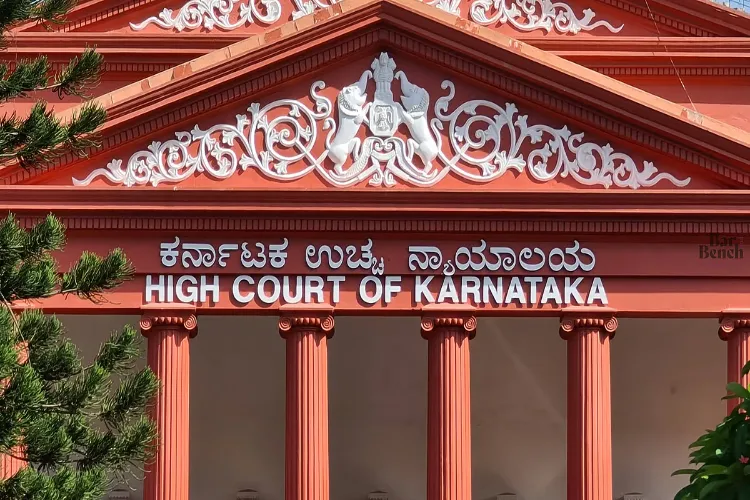
Bengaluru
The Karnataka High Court has ruled that a single community cannot be placed under two different reservation categories for education and employment.
The ruling came in response to a petition filed by V Sumitra, a resident of Kollegal taluk in the erstwhile Mysuru district, who challenged the state's classification of the Balajiga/Banajiga community.
Justice Suraj Govindaraj, delivering the verdict recently, directed the Karnataka government to uniformly classify the Balajiga/Banajiga community under Group 'B', both for educational and employment purposes.
The court observed that the state's existing classification, which places the community under Group 'B' for education (under Article 15(4)) and Group 'D' for employment (under Article 16(4)), was discriminatory and unconstitutional.
Sumitra was appointed as a primary school teacher in 1993 under the OBC quota as she claimed her caste belonged to Group 'B'.
However, in 1996, she received a notice stating that her community was categorised under Group 'D' for employment, rendering her caste certificate invalid for job-related reservation.
Following several failed attempts at redressal through departmental appeals and the Karnataka Administrative Tribunal, Sumitra discovered a 1986 government notification showing this dual classification.
Arguing that the constitutional intent behind Articles 15(4) and 16(4) is consistent and aimed at ensuring social justice for the same disadvantaged groups, she challenged the state's classification, calling it contradictory.
Justice Govindaraj upheld her argument, stating, "The principle of equality before law under Article 14 encompasses equal treatment in the matter of reservations as well. The same community cannot be placed in different groups depending on the context — such a division is inherently discriminatory."
The court held that any such differential treatment violates constitutional protections and affirmative action must be uniform in its application.
"If a community is identified as backwards for education, it cannot be treated differently when it comes to employment," the judge observed.
ALSO READ: India-Saudi partnership has timeless potential: PM Modi to Arab News
Declaring the dual classification "void ab initio", the High Court quashed the orders that had rejected Sumitra's claim to Group 'B' reservation in employment.
It also directed the state to continue her employment as a primary school teacher, acknowledging her eligibility under the reservation group 'B'.
